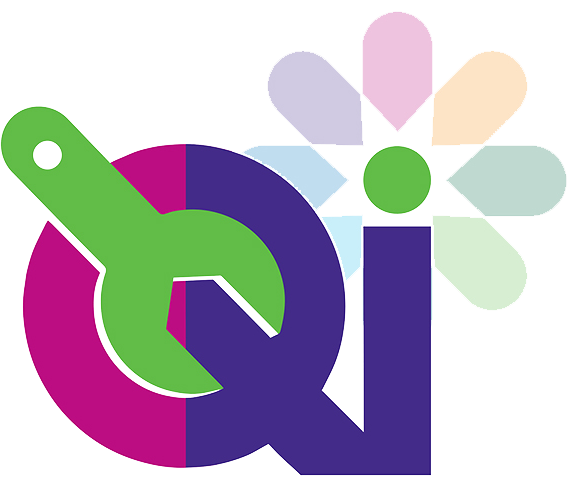Making sure patients have the right medicines to help them and keeping patients safe is at the heart of a pilot project being trialled in east Kent.
The project was to set up a new rapid transfer of care pharmacy service. Essentially, the service carries out reviews of medications for patients who leave hospital and go to a care home. It was set up after NHS England and Improvement asked community health services and GPs nationally if they could give greater support to care homes, to help them during the COVID-19 pandemic.
It is critical patients have the correct medicines and combinations of them to make sure they are safe and to help them feel better. Having the right medicine can also prevent people having to be admitted to hospital.
The pilot service is being led by Kirsty Matthews, Medicines Optimisation in Care Homes Pharmacist with Kent and Medway Clinical Commissioning Group. She is on secondment with Kent Community Health NHS Foundation Trust’s Rapid Transfer of Care Service, to develop the project.
Kirsty is putting a business case together for additional support, as the pilot has been a great success and she is keen for the work to continue.
She said: “It is really important people have the right medicine. There can be a high risk of harm with combinations of medicines if they are not correct and many of these patients are taking multiple medications.
“If a patient has been in hospital and is then going to a care home, their health and their needs might have changed since before their admission. Also, they could be transferred to a different area, they could be new to the GP who is going to look after them or they could be temporarily registered with a new GP, who doesn’t know them or their history.
“Immediately following a hospital admission, patients are vulnerable. There might have been issues relating to their transfers of care and the GP responsible for their care might not be aware the patient has been discharged. This is where the reviews can help, as we contact all involved organisations to look into the patient’s history and gather this information for GPs, to make sure the patient gets the right medicines and care.”
All patients should have a review and care plan produced within one week of discharge from hospital.
The pilot service has helped with this. It has carried out pharmacist reviews of patients discharged from hospital, helping to highlight medications which need to be reviewed. The service has also assisted in highlighting the discharge of a patient to a GP.
Kirsty said: “We set up the service so we can help. Feedback from GPs shows they have welcomed it. We sent out a survey and 31 surgeries in east Kent said they would like it to continue. Going forward, we would like to offer them a permanent and consistent service.
“While doing the reviews I can also pick up other things, for example if a blood test was requested but not done, or if a patient with several different medications has been admitted to hospital several times. I can look at why and see if further admissions could be prevented. I’ve detected patients who need to stop taking medication before surgery and others whose needs might be better met with different medication.”
Based on best practice and National Institute for Health and Care Excellence (NICE) guidelines, Kirsty has developed a tool which can RAG (Red, Amber, Green) rate if a patient could be at high risk. With other systems she has developed, Kirsty can quickly and easily see trends in prescribing practice and can feed this back to local hospitals and GPs to increase awareness of issues.
- During the pilot, RAG forms were completed for 89 per cent of patients who were discharged during a five week period.
- Of those reviewed 71 per cent were RAG rated red, as they were at high risk of medications related harm.
- 19 per cent were patients at the end of their lives.
- 38 per cent had at least six risk factors.
- 80 per cent of patients heading to care homes are discharged with more than five medicines. A person taking more than 10 medicines is 300% more likely to be admitted to hospital.
Kirsty carried out the pilot as a quality improvement (QI) project. She was supported by the QI Team at KCHFT as she had no prior training. QI tools used included process mapping, future state mapping, Plan Do Study Act (PDSA), a driver diagram and a mind map.
See Kirsty’s project on a page here


